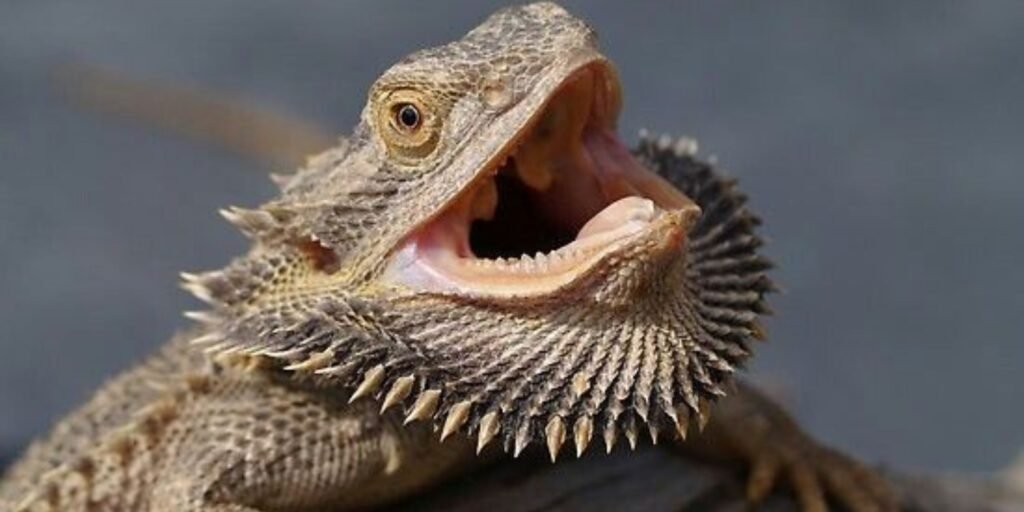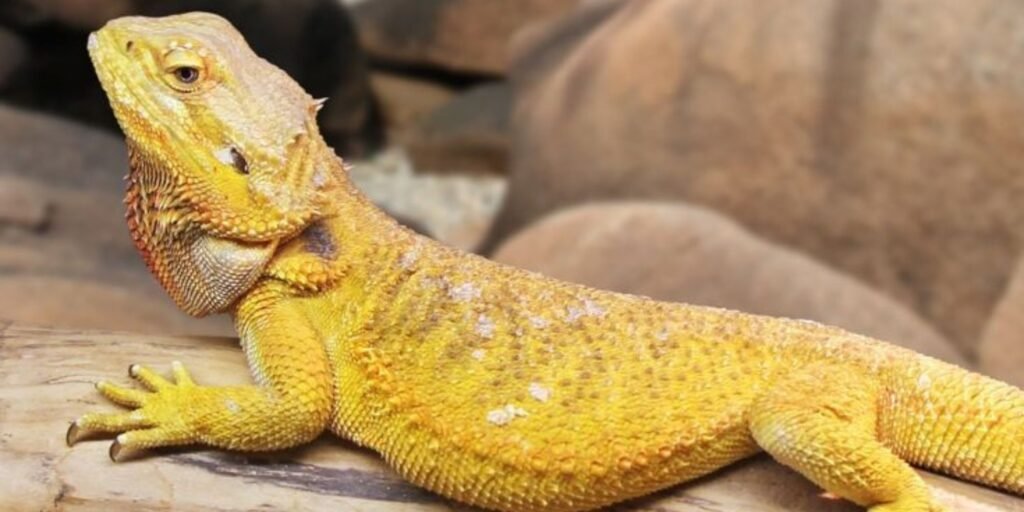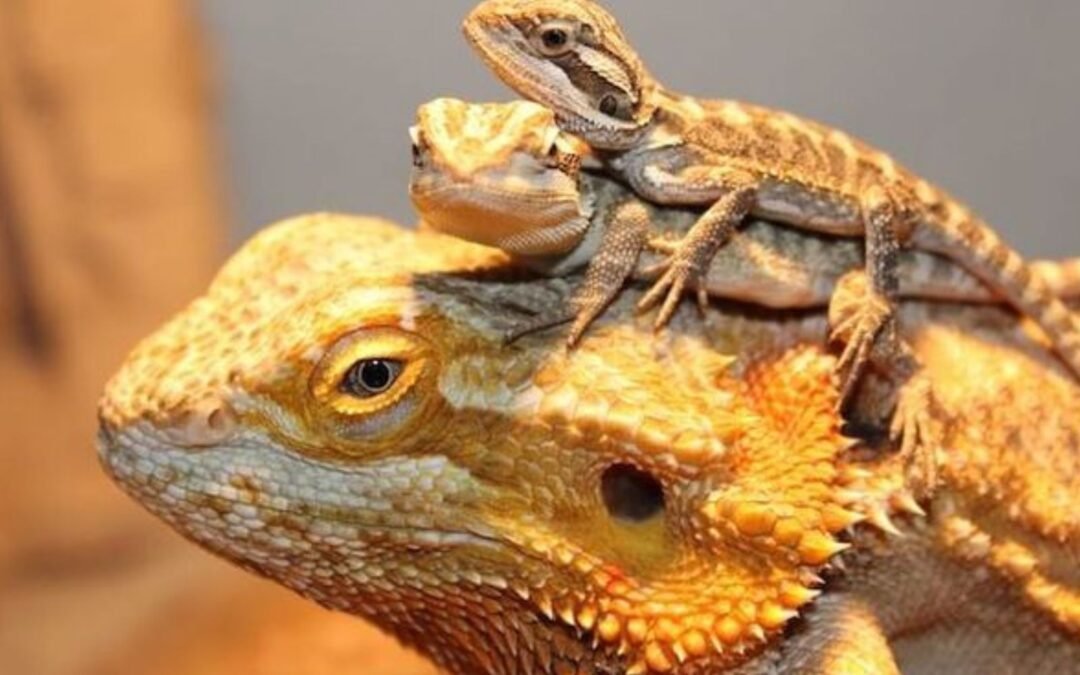Are you considering adding a unique companion to your family? With their charming personalities and distinctive looks, bearded dragons have become increasingly popular as pets. These fascinating reptiles offer entertainment and an opportunity for owners to learn about exotic animal care.
Often described as gentle giants of the lizard world, bearded dragons boast a temperament that appeals to novice and experienced pet owners alike. Their friendly nature makes them suitable for families, while their intriguing behaviours can captivate anyone who observes them.
In this blog post, we’ll delve into what it takes to care for these remarkable creatures. From understanding their behaviour and habitat needs to nutrition essentials and health considerations, we’ll explore whether bearded dragons are truly good pets for you! Whether you’re contemplating ownership or simply curious about this scaly friend, let’s uncover the secrets behind these delightful reptiles together!
Understanding: Are bearded dragons good pets

Bearded dragons are known for their calm and friendly demeanour. They often enjoy interacting with their owners and display curiosity about their surroundings. This sociable nature makes them popular for families and first-time reptile enthusiasts.
These lizards exhibit various behaviours that reflect their mood. For example, when they feel threatened or stressed, they may puff up their bodies or change colour to blend in with the environment. On the other hand, a relaxed bearded dragon might bask in the sun or explore its habitat without hesitation.
Understanding these behaviours is key to forming a strong bond with your pet. Recognizing signs of stress versus contentment can help create an enriching environment where your bearded dragon feels safe and secure. This awareness will enhance your experience as an owner while ensuring your new companion thrives in its home.
Guidelines: Are bearded dragons good pets
Caring for a bearded dragon requires attention to its specific needs. Start by creating an ideal habitat that mimics its natural environment. A spacious terrarium equipped with proper heating and lighting elements is essential. The temperature gradient should range from 75°F on the cool side to around 100°F on the basking side.
Nutrition is another critical aspect of care. Bearded dragons thrive on a varied diet consisting of fresh vegetables, fruits, and live insects like crickets or mealworms. Ensure they receive adequate hydration by providing clean water daily and misting their food occasionally.
Health check-ups are vital in maintaining your pet’s well-being. Monitor your pet regularly for signs of illness, such as lethargy or changes in appetite. UVB lighting helps prevent metabolic bone disease, an issue common in these reptiles if left unchecked.
Creating the Right Habitat for Your Bearded Dragon
Creating a suitable habitat for your bearded dragon is crucial to their well-being. Start with an appropriately sized enclosure, ideally a 40-gallon tank or larger. This allows ample space for them to move around and explore. A secure lid is essential since these curious reptiles can escape if given the chance.
Temperature control plays a vital role in their habitat. Bearded dragons thrive in environments that provide both basking spots around 100-110°F and cooler areas between 75-85°F. Heat lamps and under-tank heaters can effectively maintain this gradient.
For enrichment, include various elements like branches, rocks, and hiding spots. These features allow your pet to climb, bask, and hide when it feels stressed or needs rest. Substrates like reptile carpet or sand enhance comfort while keeping cleanup simple.
Nutrition and Hydration Needs

Bearded dragons thrive on a balanced diet that mimics their natural feeding habits. Their nutrition primarily consists of live insects, leafy greens, and occasional fruits. Crickets, dubia roaches, and mealworms are excellent protein sources for your pet. Offering a variety ensures they receive essential nutrients while keeping mealtime interesting.
Hydration is equally important for bearded dragons. They can drink water from a shallow dish or benefit from misting their habitat to encourage drinking. Always ensure fresh water is available daily to promote good health.
It’s crucial to monitor portion sizes as well. Young bearded dragons typically require more protein than adults but should still have veggies in their diet. Adjusting food intake based on age and activity level will help maintain optimal weight and overall wellness for your dragon friend.
Health and Wellness Considerations
Bearded dragons require regular health checks to thrive. A well-structured schedule for veterinary visits can help catch any potential issues early on. Look out for signs of illness, such as lethargy, lack of appetite, or abnormal behaviours. Prompt attention to these symptoms is crucial.
Hydration plays a vital role in your dragon’s wellness. Ensure they have access to fresh water daily and consider occasional baths. This helps with hydration and shedding processes. Proper humidity levels in their habitat also contribute significantly to their overall health.
Monitor your bearded dragon’s diet closely; the right balance of proteins, greens, and supplements is essential. Calcium and vitamin D3 are particularly important for bone health and preventing metabolic bone disease—a common ailment in captive reptiles when care isn’t optimal.
Selecting and Caring: Are bearded dragons good pets
Choosing a bearded dragon is an exciting journey. When selecting your new pet, look for one that appears active and alert. Healthy dragons have clear eyes and smooth skin. Avoid any signs of lethargy or unusual behaviour.
Once you bring your bearded dragon home, it’s crucial to provide proper care immediately. Start by setting up their habitat with the right temperature gradients, lighting, and hiding spots. A spacious enclosure allows them to explore while feeling secure.
Interact gently with your dragon to build trust over time. Handle them regularly, but avoid overwhelming them at first. Be aware of their moods; they can show affection or stress through body language, so pay attention!
Tips for Choosing the Right-Bearded Dragon
When selecting a bearded dragon, consider its age. Baby dragons are adorable but require more frequent care and attention. An adult may be easier for beginners as they tend to have established habits and temperaments.
Look closely at the animal’s health. An ideal dragon is bright-eyed, active, and clear-skinned. Avoid any that show signs of lethargy or abnormal behaviors—these can indicate underlying health issues.
Consider where you’re sourcing your new pet. Reputable breeders or rescue organizations usually provide healthier animals than pet stores. Ask about the lineage and previous care details to ensure you’re making an informed choice.
Compatibility with Other Species
When considering bearded dragons as pets, it’s essential to consider their compatibility with other species. Bearded dragons are generally solitary creatures. They thrive best when kept alone or with other bearded dragons of similar size and temperament.
Housing them with different reptiles can lead to stress and health issues. Some species may provoke aggressive behaviour, while others might transmit diseases that could harm your dragon. It’s crucial to research both animals thoroughly before making any housing decisions.
If you want a multi-pet household, consider socializing your bearded dragon separately from other species. Supervised interactions help ensure everyone remains safe and healthy without risking territorial disputes or injuries.
Additional Resources for Bearded Dragon Owners

Having access to reliable resources is essential for those considering bringing a bearded dragon into their lives. Many websites and forums offer care, behaviour, and health-specific information. Joining online communities can connect you with experienced owners who share tips and insights.
Books dedicated to reptiles often feature sections specifically about bearded dragons. These can provide deeper knowledge about their natural habitats, breeding behaviours, and more advanced care techniques. Local reptile shops frequently host workshops or informational sessions that can enhance your understanding.
Remember the value of veterinary advice tailored to exotic pets. A vet familiar with reptiles can guide you through any health concerns that arise over time.

